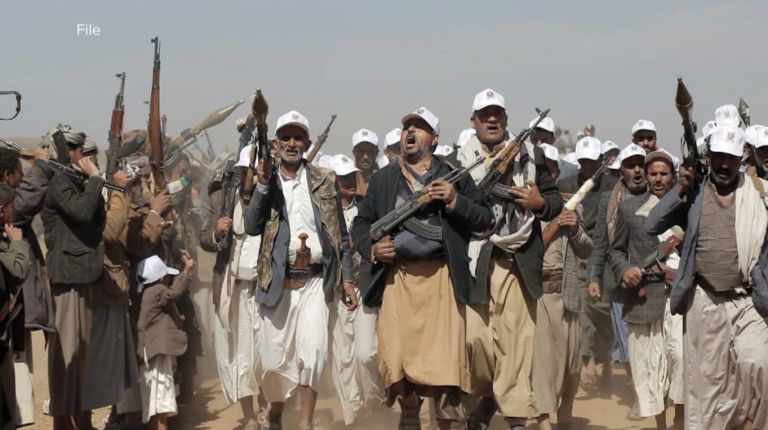Recent events in the Middle East are causing additional hardship and suffering for Christians in Yemen.
For years, the small group of believers withstood intense persecution from Muslim activists and their government. Today, attacks on ships and other actions by Houthi rebels are only making the situation worse.
The Houthi movement began around 30 years ago as an insurgency against the Sunni Muslim government. Armed by Iran, the Shiite Muslim militia plays a crucial role in Tehran’s strategy to dominate the Middle East and control shipping lanes by restricting access to the Red Sea.
LAST Houthi strike leads to death at sea
In recent testimony before Congress, former CIA intelligence analyst and senior researcher at American Business Institute, Dr. Kenneth Pollack said the Houthis share Iran’s goal of destroying Israel and driving the United States and its allies out of the Middle East.
“The Houthis have been bellicose, aggressive and convinced that violence is the best way to get what they want,” Pollack insisted. “They are forces of oppression inside Yemen and forces of aggression beyond.”
Yemen’s small but growing Christian community is among those targeted by the Houthis.
“Christians in this area are people who were once believers from Muslim backgrounds who converted to Christianity. Christians are obviously a despised minority,” explained Ryan Brown, CEO of Open Doors US.
Brown’s group ranks Yemen as the fifth worst persecutor of Christians in the world. Global Watchlist 2024.
He said years of war had left the population largely dependent on outside aid. So when shipping lanes are disrupted, food and other necessities are delayed in reaching Middle Eastern ports, driving up costs, and Christians – those who refuse to wage jihad or engage in Islamic practices – are marginalized.
“Christians are often the last in line when it comes to being able to receive care and attention there during war and as these things continue to escalate. This has a ripple effect and a economic ripple effect. It can disrupt supply chains, and so while Christians were already last in line, that line gets even longer,” Brown explained. “Christians are therefore very affected by what is happening now.”
Once they leave Islam and are baptized, Yemeni Christians are considered apostates by Muslims. Thus, they keep their new faith a secret to avoid serious persecution and possible death from their clan or family members.
And if they are not killed for their faith, they are often blamed for their ties to the West.
“They become easy targets,” Brown said. “You know, there is an Al-Qaeda presence in the South, a Houthi presence in the North, and Christians there are considered enemies on all fronts.”
Brown said that while many Yemenis are scared, they are also curious and asking questions about faith. Jesus’ disciples respond with the Word of God.
He advises the body of Christ to pray for their Yemeni brothers and sisters in Christ, “that even in the midst of this conflict they will see peace and security, but that they will recognize that in the midst of this conflict God is making incredible things, his designs are progressing and the Church is progressing. »



